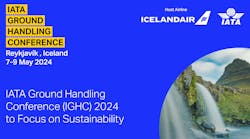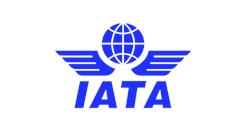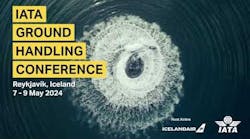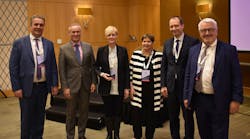Aerotek, a talent solutions provider specializing in placing light industrial and skilled trades talent in the manufacturing, logistics, construction, aviation and facility management industries, has released the first white paper in a three-part series focused on building a workforce that will stand the test of time.
The first white paper in the "Workforce 2030: The Skills Companies Will Need To Succeed" series highlights the soft transferable skills companies will need to maintain a versatile and competitive workforce in the future. The report offers unique perspectives from Aerotek experts about what companies can start doing to attract and retain the right talent.
"In the next eight to ten years, changes in labor force participation, technology and consumer demand will alter how employers look to build their workforce. Businesses will need to reprioritize the skills they hire for, adapt to advances in robotics and devise new retention strategies," said Sara Staggs, vice president of Strategic Operations for Aerotek. "At Aerotek, we are committed to establishing ourselves as a forward-thinking, proactive partner for our clients across North America."
By 2030, the U.S. Bureau of Labor Statistics predicts the labor force participation rate for the prime-age working population (ages 24-52) will decline from 82.1 percent in 2020 to 81.4 percent. The number of available jobs is expected to increase by 5% during this same period.
Companies in manufacturing, robotics and automation, distribution and logistics, and facilities and maintenance will be particularly vulnerable to changes in the labor market. These companies are already struggling to fill skilled trades positions due to a global skills gap, and many rely on general laborers who are becoming more difficult to retain due to rising wages and record-high job openings. The combination of these trends will make it difficult for employers to find the staff needed to achieve their goals.
By targeting workers with soft skills like leadership, problem solving and adaptability, companies can begin preparing for a future where versatility is essential to being competitive. These skills make workers more self-reliant while improving efficiency and teamwork.
The second installment of the Aerotek's Workforce 2030 series will project the skills related to robotics and automation that employers need to secure their investments in new technology. In the third and final white paper, Aerotek experts will weigh in on how shifting worker motivations and an ongoing labor shortage may force companies to evolve their retention strategies.




